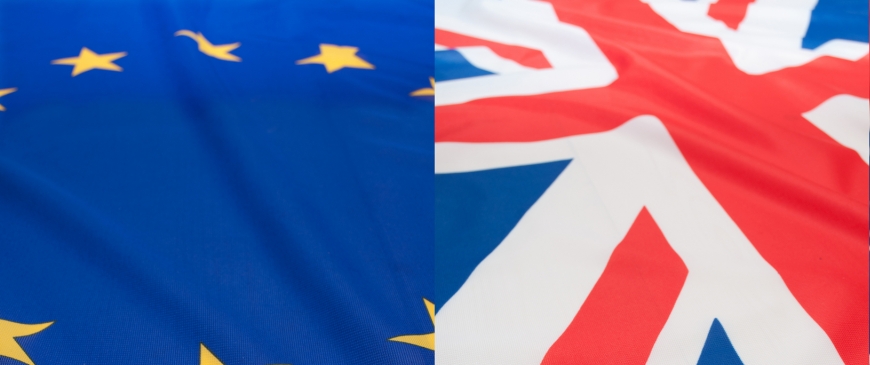
Britain could reshape Europe if it would only try
Is there any point in Britain staying in the EU if it is outside the euro? No, according to increasing numbers of British eurosceptics and European federalists. They believe that the eurozone will set the agenda for the whole EU. Its governments will meet frequently, precooking decisions for the wider union, including those on the single market.
Lord Lawson, a former Conservative chancellor of the exchequer, recently argued that the British would be "increasingly marginalised as we are doomed to being consistently outvoted by the eurozone bloc". As for the pledge by Prime Minister David Cameron to reform the EU, Lord Lawson is sceptical. Any changes would be "inconsequential". So, in the referendum on EU membership that Mr Cameron has promised in 2017, he says he will vote to leave.
This analysis is too pessimistic. A UK government can still reshape the EU. To be sure, the decision of Britain’s Conservatives to leave the European Peoples party, the dominant group in the European Parliament, did not help (it left the UK in a weak position to oppose moves in the parliament to limit bankers’ bonuses). Nor did Mr Cameron’s big speech on Europe in January, when he said the UK might leave the EU after a referendum. As Herman Van Rompuy, European Council president, responded: "How do you convince a room when you have one hand on the door handle?"
But the UK is capable of fighting its corner. For one thing, eurozone countries often disagree. A proposed financial transaction tax has the support of 11 eurozone members but not the others, which include Ireland and Luxembourg. Countries such as Finland, the Netherlands and (sometimes) Germany want to deepen the single market, while the southern members are reluctant.
For another, the euro's ills have obscured the other things the EU does: the single market, competition, trade, energy, transport, climate, the environment, farming, fishing, regional development, overseas aid, foreign policy, defence, enlargement, justice and home affairs. The UK has influence in some of these areas but would have more clout if it followed certain precepts.
First, the UK needs to improve its economic performance. Countries with strong economies are always listened to with respect.
Second, the UK should strive to maintain the authority of the European Commission. This will not come naturally to the British, especially since the Brussels-based executive can be overeager to defend its own prerogatives. But the Commission has an interest in preventing the fragmentation of the single market and in ensuring that rules are made by all members. It opposes the French idea for the eurozone to have its own secretariat – an innovation that could foster caucusing on wider EU business.
Third, the UK needs to do a better job of making friends. For many years, British ministers and officials have failed to invest in relationships with like-minded governments such as those of Nordic countries and the Dutch. When the central Europeans joined the EU in 2004, many looked to the UK as a natural friend. But the British ignored them while the French and Germans courted them.
Fourth, the UK needs to grasp that clubs have mores as well as rules. The EU’s mores include a commitment to compromise. When the UK respects this principle, as it did in the recent negotiations on the EU’s budget and on banking supervision, it can achieve good results. But veto threats diminish the UK’s authority.
Fifth, the UK should take the initiative and show leadership where it has expertise. Countries that take the lead earn good will. A lot of other states would respond positively to a UK that was proactive rather than passive.
Many of the UK’s partners value its economic liberalism, Atlanticism and global outlook. They would welcome British proposals for reform. But British political leaders need to emphasise that they want Britain to stay in the EU and expect it to do so. They need to find the courage to take on Lord Lawson and others who argue for withdrawal. Then the UK and its ideas for reform will be taken seriously.
